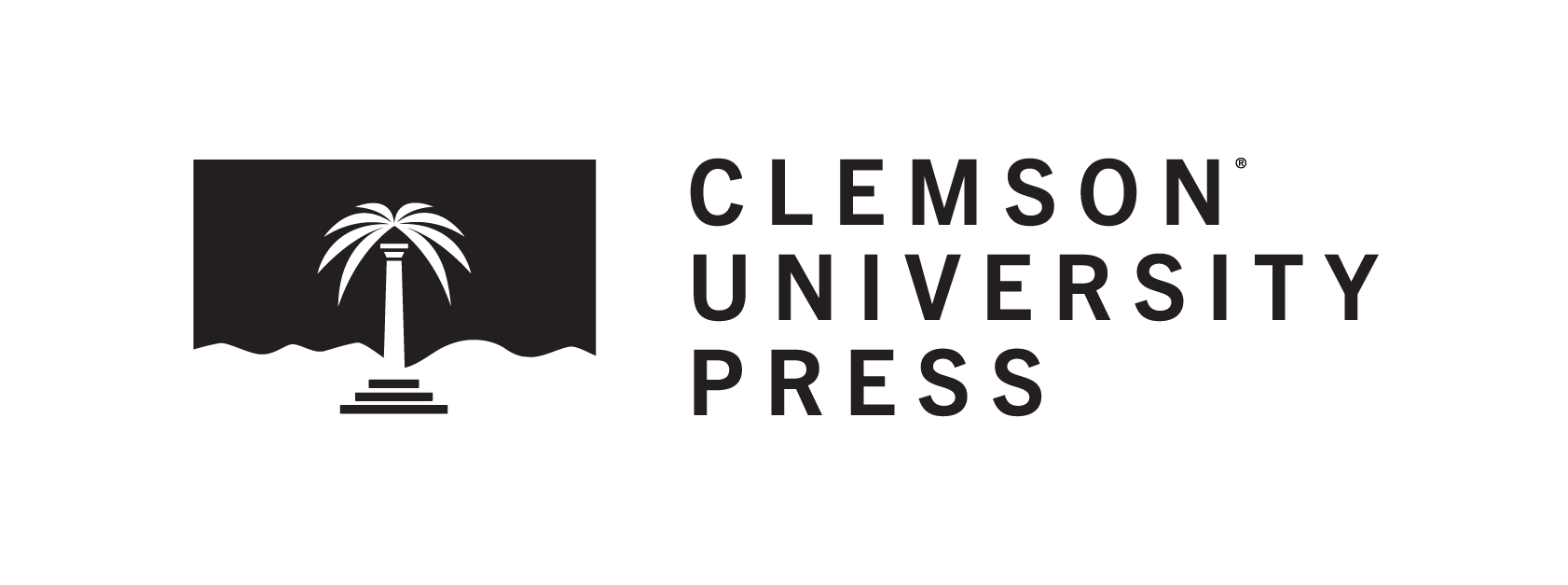Volume
55
Issue
6
DOI
10.34068/joe.55.06.52
Abstract
The idea that equal education exists in the United States is a misconception, and positive youth development programs are a proposed response to inequitable education. Youth development programs have the potential to increase one's social capital, particularly for youths who are marginalized by inequitable access to quality education. The study described here focused on the contribution of urban positive youth development to social capital and social justice. Findings indicate that 4-H initiatives related to social capital are reaching marginalized youths. However, barriers are preventing 4-H from reaching these youths adequately and/or consistently.
Creative Commons License

This work is licensed under a Creative Commons Attribution-Noncommercial-Share Alike 4.0 License.
Recommended Citation
Fields, N. I. (2017). The Contribution of Urban 4-H to Social Capital and the Implications for Social Justice. The Journal of Extension, 55(6), Article 52. https://doi.org/10.34068/joe.55.06.52


